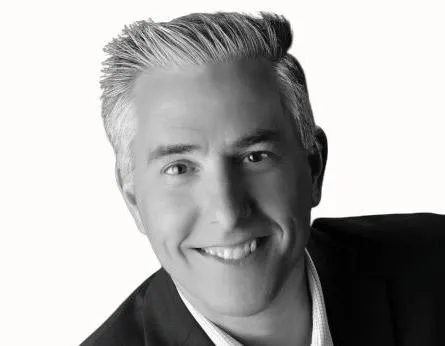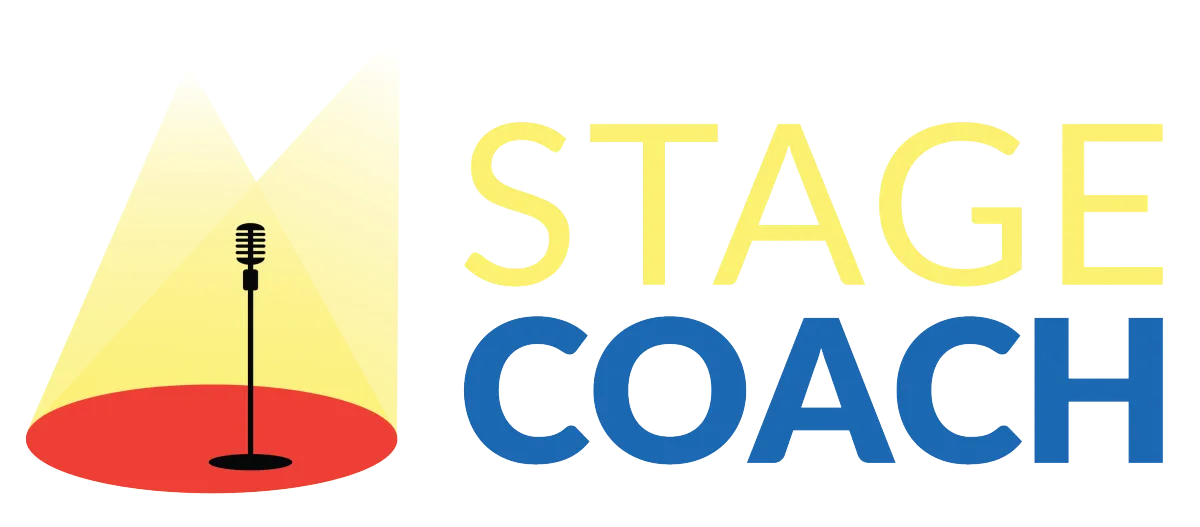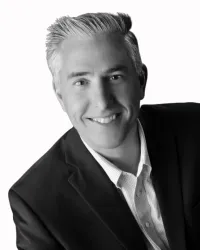Communication Tips
from Alan Hoffler founder of Online Stage Coach


Public Speaking Don'ts: What Not to Say
In a series of Public Speaking Don’ts, I wrote last month’s article, The Graduation Speech No One Wants to Hear. I got a number of notes (which I love getting!) giving me first-person accounts of various graduations. “The student speaker was amazing!” “The invited guest was fantastic, but the Dean of the Communication Department was terrible.” “It was too long – wish they had taken your course.” Many times there were specific quotes that seemed hard to take from someone with enough cred to be on the dais for graduation. Par for the course. People who know better seldom do better.
Last week I had the privilege of substituting in our local high school for the speech teacher (out on vacation). I had forgotten it was just two weeks until the end of school. Senioritis was in full swing, infecting even the underclassmen. The last time I taught an entire high school lecture I was 23 years old and I was on my way out of the teaching profession. Enough was enough. But this was different. It’s amazing what some gray hair, a few decades of experience, some actual skill, and a little street cred (my kids are known to most of the students) can do for a substitute teacher. I won’t go so far as to say I nailed it, but it was notably better than my last effort.
I started by trying to get the kids to tell me what they had learned about speaking. It’s a different way to phrase the same question we ask in our workshops: “What makes a GREAT communicator?” If we can figure out what that is and how to do it, then it’s not so scary to undertake the effort to become great. The students were spot on – they had all the right answers and covered the whole range of what I’d want from a speaker. They knew a lot of the Public Speaking Don’ts. Then we asked the question, “Are you doing all that?” And just like the older students we get in our workshops, there was a sheepish admission that knowledge and skill are not necessarily correlated.
In the context of a formal Speech Class, the expectations might be a tad different. Most of the kids got up to speak (they seemed surprised that an unsanctioned sub would dare to ask the students to speak!) and started with some sort of excuse or caveat, or midway through their speech they would correct themselves. “Oops, I just said ‘um’” (when they didn’t catch the five ‘likes’ they had in the previous paragraph) or “I know I’m over time, …” and then continued anyway.
Those errors are just a result of not practicing enough. They know what to do – they have not created the discipline to do it. And all of us are in the same boat. It’s hard to execute correctly all the time.
But there’s another whole class of error. I think it is a result of us just taking the easy way out, not preparing enough, and refusing to analyze everything we say relative to “What makes a GREAT communicator?” It’s the inane phrases and actions we hear all the time that are distracting and that get in the way of our message sticking with our audience (isn’t that the goal?!). It can undermine your message (“I’m not much of a speaker…”), be stupid (“Before we get started…”), or just superfluous (“It goes without saying…”).
At the High School Awards Ceremony last week, virtually every speaker cajoled the crowd into responding. “How’s everybody doing today? That’s not good enough, louder!” The ceremony went over the allotted time (and of course they mentioned it). Multiple speakers took the opportunity to tell (at length) about their organization and forgot to make any connection to the real audience (the graduates). It was a potpourri of What NOT to Say.
When I first started studying speaking as an art/science, I quickly realized that most of these phrases are just on autopilot. And that’s the problem. I’ve collected a list of phrases and sayings (public speaking don’ts) and put some of the biggies out in a video series called What NOT to Say. I’ve even highlighted a few of my “favorites” with links in this article. You can click on the image below to view all the short videos in my What NOT to Say series or peruse the list and watch the ones you struggle with.
Dissect your habits and your speech. Find out why you say what you say. Have a reason for every word to be there (and the reason better start with “The audience…” – don’t give me “I want to…” as a reason… Rule #1, etc. ). Edit liberally. Always end on time.
It’s not rocket science (if it were, I could teach that). But it is hard, and it takes work. Work worth doing.
Communication matters, what are you saying?
Anyone can become a GREAT communicator! People who want to be great at something study and practice to get better. They also find coaches and mentors who can take them from where they are to where they want to be.
We created Online Stage Coach to help your journey to becoming a more excellent communicator. View our latest list of online courses by following this link: https://onlinestagecoach.com/home#section-ipXH4QgYUu
For those who want accelerated guidance, remember our workshops and coaching services through MillsWyck Communications, the parent company of Online Stage Coach, give you specific training tailored to you. Check out these services at https://www.millswyck.com/.


